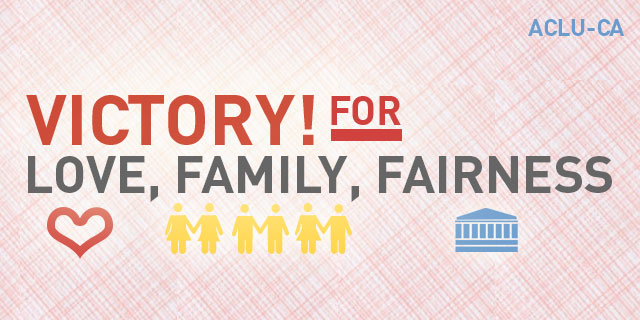Today, the U.S. Supreme Court struck down a central part of the Voting Rights Act, holding that the criteria Congress established for which states must get federal permission before changing voting laws was unconstitutional. ACLU of Southern California attorney David Sapp weighs in on the
5-4 ruling:
What’s the takeaway from today’s decision?
Congress may continue to require “preclearance” – which compels jurisdictions with a history of voting discrimination to get federal assent before changing their voting laws.
But it struck down
Section 4 of the Voting Rights Act, which dictates which jurisdictions must obtain the government’s approval. Under the formula that the Court struck down, nine states were subject to the preclearance requirement. These states no longer need to get special federal approval before making changes to their election laws. The Texas Attorney General, for example, now says the state can implement its voter ID law and redistricting plan without federal assent.
What happens now?
Under the Court’s ruling, Congress can try to craft a new formula to determine which jurisdictions should have to obtain the federal government’s approval before changing their election laws. Congress must use current data to figure out who needs preclearance, the Court said.
What’s your opinion of the decision?
It will only make it harder to guard against voting discrimination. Congress has repeatedly recognized the need for certain jurisdictions to get government approval before changing their voting laws: Just seven years ago, it reauthorized this portion of the Voting Rights Act, after holding hearings over nine months and compiling 15,000 pages of evidence.
